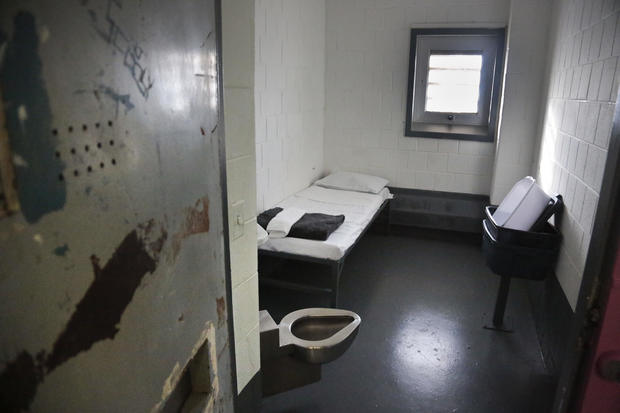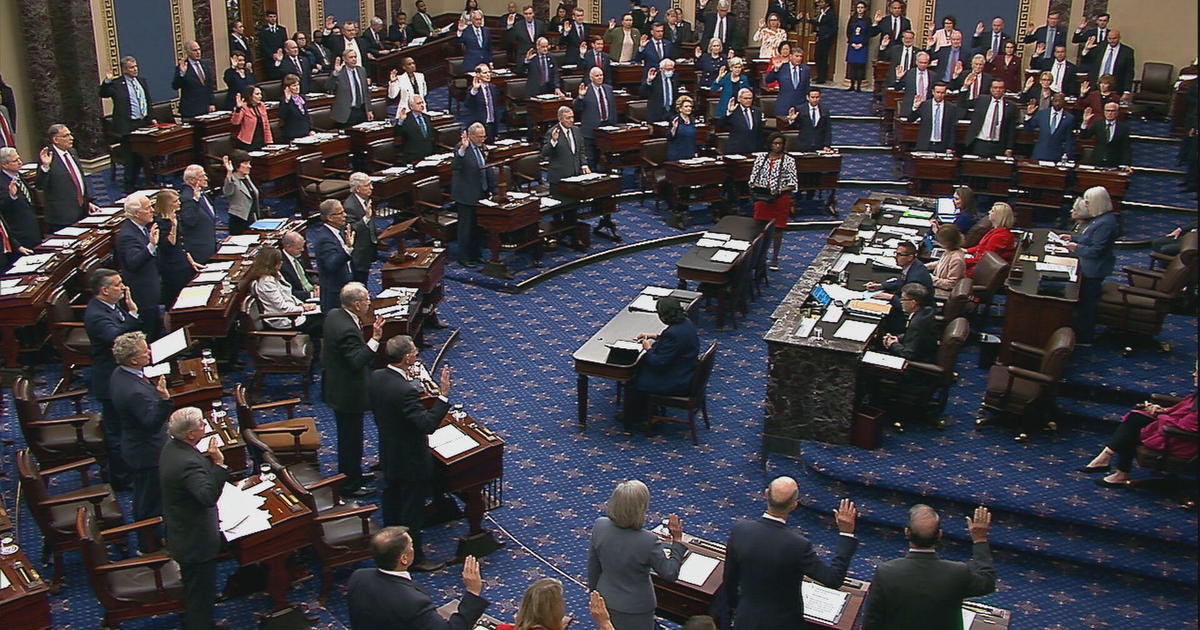New York City is moving to end solitary confinement after a 27-year old died in jail. Her sister says the changes aren't enough.
The New York City jail system's independent oversight agency proposed new rules Tuesday that are billed as an end to the practice of solitary confinement, but some advocates say the proposed changes don't go far enough.
The Board of Correction's proposed rules would replace solitary confinement with an alternative disciplinary system that would still punish some inmates by separating them from the rest of the jail population. However, it will allow those inmates to leave their cells for designated rooms for at least 10 hours each day and prescribe them programming to address violent behavior.
Advocates say solitary confinement is cruel, and studies have shown that it increases the risk of self-harm and suicide for those confined to it. In recent years, New York City jails — along with states like New Jersey, Nebraska and New Mexico — have limited the use of the practice, but have yet to eliminate it entirely.
Stanley Richards, the vice-chair of the Board of Correction, said the new rules would mark the end of solitary confinement in city jails. Richards led the working group that created the new model, known as the Risk Management and Accountability System, and said, "It stops the practice of 23 hours of extreme isolation as a tool of punishment."
Richards has spent time in jail and prison, including 30 days in solitary confinement at Rikers Island jail in the 1980s. He said the board's proposed rule would provide a meaningful change to the current system. "It is not solitary confinement by another name," he said. "When I was in my cell and had to count the bricks on the wall and how many paint chips there were — it will not be that."
Richards said the plan would create a new disciplinary system with individualized programming to address violent behavior. Incarcerated people who commit and are found guilty of an assault that causes serious injury would be sentenced for up to 60 days to Level 1 housing, which would still move them to an individual cell, but one that has an attached "dayroom," which they can enter for up to 10 hours each day.
Inmates who graduate from the first level, or those who commit lesser offenses in jail, can be sent to Level 2 housing, which allows them out of their cell for up to 12 hours and permits them to congregate with "less than four" other inmates. In the third level of the program, inmates can live in general population housing but still need to complete prescribed programming.
But advocates who oppose the plan point out that, under the new rules, some inmates would still be held separately from others and could be sentenced to isolated conditions for longer periods of time than what's permitted under current rules. They argue that isolated housing, in any form, is overly cruel and not conducive to reforming behavior.
"It's disgusting," said Melania Brown, the sister of Layleen Xtravaganza Polanco, a 27-year-old woman who died of an epileptic seizure while in solitary confinement at Rikers Island jail in 2019. "All they did was change the name," Brown said, noting that the rules, as proposed, could still confine people to individual cells for long periods of time, and added that end dates for the punishment could become less clear under the new arrangement.
Brown's sister was placed in solitary despite her medical conditions making her exempt from the punishment under jail rules, according to a report by the Board of Correction. The city doled out a $5.9 settlement to her family last year, and Mayor Bill de Blasio called her death an "incredibly painful moment" for the city.
In June, de Blasio announced a working group to recommend ways to end solitary confinement in the city. He said that with their announcement, "We will chart the course forward with the Board to ban punitive segregation altogether," referencing the practice commonly known as solitary confinement, "making good on our commitment to creating jails that are fundamentally smaller, safer, and fairer."
But although the rule change was seen as a response to concerned families like Polanco's, her sister and other advocates say they oppose the proposal.
Candie Johnson, who said she was confined to solitary confinement at Rikers Island jail for about three years between 2012 to 2015, said she wants the city to end the practice of isolated housing altogether. "If they're not ending solitary confinement completely, then they might as well not make any alternatives to it at all," she said. "There is no way of cleaning it up."
The board will hold two public hearings on the proposed rules in April, and Richards says he encourages advocates to share their feedback. Some have already suggested a requirement that inmates be represented by attorneys when being sent to the new program, which Richards indicated he'd consider seriously.
Some corrections officers also oppose the rule, saying that it will eliminate their ability to physically separate violent offenders. Michael Skelly, a spokesperson for the union representing officers in the city's jails, the Correction Officers' Benevolent Association, said the union believes the practice of punitive segregation has been watered down over the last eight years.
"It's open season on corrections officers and non-violent inmates," Skelly said, pointing to statistics that show violence among inmates and assaults on corrections officers increased last year. "This is the worst possible time to take away the one tool we use to separate violent inmates from non-violent inmates."
The union's president, Benny Boscio Jr., said ending solitary confinement would be "a recipe for disaster."
"Eliminating our ability to physically separate violent offenders from non-violent offenders will not only push these staggering statistics higher, it will send a message to violent and assaultive inmates, many of whom are gang members, that City Hall condones these acts of terror against our officers and non-violent inmates," Boscio Jr. said in a statement.
As of March 10, there were 5,579 people being held in city jails, 104 of them were being held in solitary confinement, according to Board of Correction statistics. Most were held in solitary for allegedly assaulting staff.
Of those being held in the city's custody as of January, statistics show that 595 people had been held in solitary between 1 and 30 days, 185 people had been held for between 30 and 60 days and 44 people had been held for more than 120 days.





